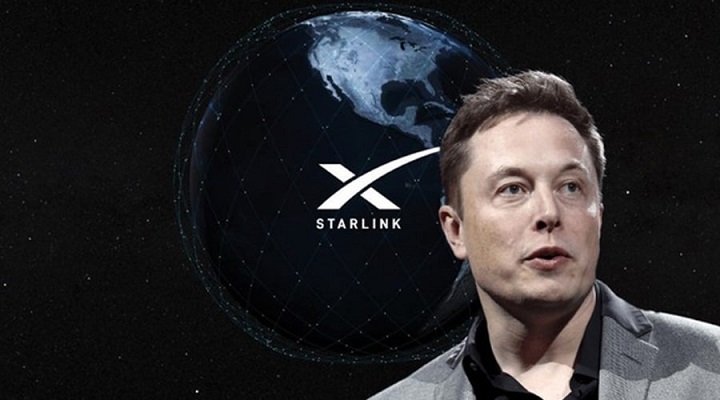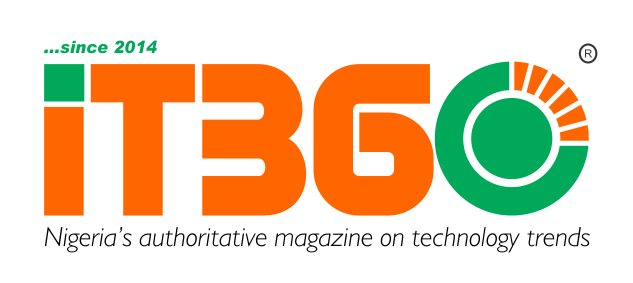Internet connectivity is essential for any organization, and SMEs are no different. Reviewing whether your Internet connection is limiting or boosting your business is vitally critical if you want to stay competitive in your market and provide the high-quality service that your consumers want.

A fast internet connection is vital to meet both staff and client expectations, whether a client expects to be able to reach you at any time of day or night and receive immediate responses, or employees expect to log on to your systems with ease and get their work done.
This is a vital need that is not being enjoyed by many SMEs in Nigeria. But recently the news of Starlink coming to Nigeria has in one way or the other given hope to SMEs.
In the fourth quarter of 2021, the number of Internet subscribers in Nigeria increased by 14.03 million to 154.3 million, up from 140.28 million the previous quarter. This is according to the National Bureau of Statistics’ recently released telecoms report (NBS).
The number of internet customers climbed by 10% quarter over quarter, with MTN Nigeria leading the way with 58.8 million members, followed by Globacom with 39.53 million.
As of the end of 2021, Airtel has 37.53 million total internet subscribers, followed by 9mobile with 5.75 million, SMILE (314,674), and NTEL with 27,799.
Recently Elon Musk announced via a tweet that the government of Nigeria has approved Starlink as an Internet Service Provider as reported by Nairametrics. Let’s understand the implications and what this means for you as an investor.
What is Starlink?
Starlink is high-speed internet access delivered via low earth orbital satellites (LEO).
Why is this a Big Deal?
Starlink solves the problems of access and speed of internet services in Nigeria, especially in rural areas. According to the “Digital 2022 Nigeria” report by Data Reportal internet penetration in Nigeria stands at 51% as of January 2022. Thus, 49% of Nigerians or 104.9 million Nigerians, did not use the internet.
Poor internet quality
Despite the fact that Nigeria has the largest number of online users in Africa, the quality of internet services in the country is still poor. The reason for the penetration of internet services across the country is that there is an increase in the number of those who use mobile data over broadband users. While mobile data can work effectively for an individual, it cannot serve large organizations or businesses that require a lot of people being online at the same time.
The low uptake is due to the infrastructure deficit in Nigeria. Nigerians get internet access mainly via data sold by GSM companies like MTNN and Airtel Nigeria. There are not enough physical cell phone towers to beam data across Nigeria, especially in the rural areas. 53.4% of Nigerians live in urban centres, and 46.6% live in rural areas.
Speed is a crucial advantage of Starlink. Ookla indicates that the average mobile internet speed via cellular is 17.38Mbps, while fixed internet wireless connection is 10.06Mbps. In contrast, Starlinks’ speed is 104Mbps, ten times as fast. For context, the US FCC defines broadband as having speeds over 25Mbps or more. This quality is an advantage to startups in Nigeria who run their businesses using the internet. It would make room for effective carrying out of day to day business of this startups.
What specific sectors will get a boost?
The big win will be a fall in the data prices in Nigeria. Starlink can be looked at as more “supply”. Even though its target is the underserved internet locations, its speed will make it a viable option for all Nigerians. Many startups in “high speed” Lagos will gladly pay to access speeds over 100Kmps. This new competition introduced by Starlink will see prices falling, which is excellent.
Fast broadband internet access will significantly scale up all sectors in Nigeria but allow me to touch on sectors with significant Public and Private sector intersects
Tech startups especially can easily go about their day to day activities with the sort of speed and efficiency Starlink is set to provide.
However, there is one issue that raises eyebrows against Starlink Satellite Internet Services coming into Nigeria, it is said to be too expensive. At $110 (~₦60,500) for preorder, also its monthly price, and $599 (~₦330,000) for a full kit, including a terminal, mounting tripod, and Wi-Fi router, Starlink’s price is pricey for the average Nigerian, and Mozambique user. Its premium service costs about $2,500 (~₦1.375 million) for the full kit and $500 (~₦275,000) monthly.
This might in affect startups who might not be too established to acquire it. Notwithstanding, the services is worth the price.
Does this mean GSM share prices will fall?
No, instead, I see the entry of Starlink as boosting the fortunes of the services provided by MTNN and Airtel. Both GSM companies now have Mobile Money licenses. Starlink enabling the internet in rural locations across Nigeria will mean that more Nigerians will look at mobile money as a viable and reliable means of savings.
Summary
A Starlink device can be set up and receive fast internet in less than 30 mins. The internet connects and enriches communities and reduces the cost of doing business. One critical use of the Starlink enabled internet is that the Federal Government can deploy Starlink to transmit census data and election results from all wards and LGA to the headquarters in Abuja.

